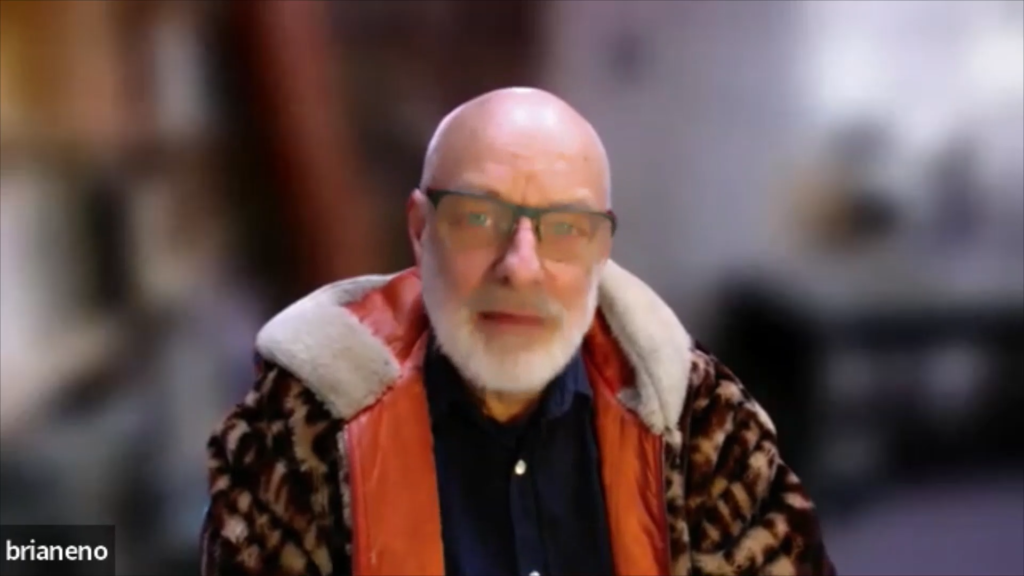
In the summer of 1988 the music festival producer Tony Hollingsworth organised a concert at Wembley Stadium in London to celebrate the 70th birthday of Nelson Mandela. He offered the BBC the rights to broadcast it live, but the corporation was nervous. Mandela had been in jail since 1962 and, to the extent that he was a well-known figure, he had been branded a “terrorist”. Hollingsworth met BBC executive Alan Yentob, who was wavering. “Alan,” Tony said, “you’ve got to bite the bullet.” Eventually Yentob agreed, replying: “I’ll give you five hours. If the bill improves, I’ll increase the time.”
Conservative MPs were soon organising a parliamentary motion, deploring the BBC’s editorial decision. Opponents of Mandela’s African National Congress (ANC) were right to be worried about the concert. The event was broadcast to a global audience of 600 million people, it made Mandela a household name around the world and, in all probability, hastened his release. Oliver Tambo, then president of the ANC, told Hollingsworth the concert was “the greatest single event we have undertaken in support of the struggle.”
The concert worked because, then as now, politics sits downstream of culture. The stories we tell ourselves and each other are how we develop and share our feelings about this world – and other possible worlds. This gives our storytellers – writers, musicians, artists, actors – incredible power to shape the space in which politicians are able to operate.
Which brings us to Gaza.
More than any other conflict since the birth of the modern communications age, more so even than South Africa in the 1980s, the Israeli occupation of Palestine has been conducted with words and images as well as with bullets and bombs. And for that reason, those artists who oppose the occupation and advocate for justice for Palestinians have been subjected to a cynical, pernicious censorship designed to severely narrow the scope of the stories they can tell.
Examples abound. Last year there was a concerted campaign by supporters of Israeli policy to have Jewish film-maker Jonathan Glazer cancelled. Actor Melissa Barrera was dropped by a Hollywood production company after she posted on social media referring to “genocide” in Gaza. Multiple artists in Germany have had their exhibitions terminated for making entirely defensible critiques of the Israeli government. And the BBC recently refused to show a remarkable documentary about Gaza’s health workers because its broadcast would have risked “the perception of partiality” (my italics). It was eventually shown to great acclaim on Channel 4.
The BBC’s recent cowardice is the product of a wall of fear constructed by supporters of Israeli government policy, designed to punish those artists whose stories might mould a different culture, one with the power to radically change our politics. But that fear is abating.
Take, for example, Together for Palestine, a concert to be held tonight at Wembley Arena – the huge indoor auditorium next to the stadium that hosted that Mandela birthday concert 37 years ago. I and others have been working for a year to bring
the concert to life. Even finding a venue proved challenging: the mere mention of the word “Palestine” was a near-certain precursor to refusal. (I wonder what the reaction would have been had it been called Together for Ukraine?) But at some point in the past few months, something changed. Wembley signed a contract, YouTube finally consented to streaming the event, and – most importantly – artists agreed to appear.
And so this evening, Wembley hosts the biggest cultural event in support of Palestinian rights since the destruction of Gaza began. Some 12,000 tickets sold out in two hours. Appearing on stage will be, among many others, Oscar nominees Benedict Cumberbatch and Guy Pearce, musicians Bastille, James Blake, PinkPantheress and Damon Albarn – and Palestinian artists such as Saint Levant and Elyanna. The concert will be opened by Francesca Albanese, the UN special rapporteur on the occupied Palestinian territories, recently sanctioned by the Trump administration.
Five years ago, perhaps even as recently as this time last year, it would have been impossible to imagine dozens of notable global artists coming together to support Palestine. But the brutality of Israel’s assault on Gaza, its deliberate starvation of the population, and the unabashed public statements of Israeli ministers advocating ethnic cleansing have combined to create deep cracks in the wall of fear. I’m not sure the Israeli government, or indeed the wider Israeli populace, quite understands the extent to which the censorious policing of commentary around Palestine is breaking down. Indeed, the greater risk to some artists’ reputations may now come from not speaking out on Palestine.
One foundation of that wall of fear has been the association of the words “Palestine” and “terror” – the result of a deliberate, decades-long campaign to conflate the two. That same conflation was made in the 1980s with Nelson Mandela. Looking back now, it seems preposterous that debate around South African apartheid could have been so effectively policed by its proponents. But times change. What was once disputed can suddenly become suffused with moral clarity, with advocates for one side left stranded on the wrong side of history. In 2006 the then-Tory leader, David Cameron, said his fellow Conservatives were “wrong” in their approach to apartheid. He praised Mandela as “one of the greatest men alive.”
Maybe one day future leaders of western political parties will issue a similar mea culpa for their complicity in the brutal violence currently being inflicted on Palestinian families. It will be too late to save many tens of thousands of civilian victims of this war. But if there is a reckoning it might be, in part at least, because actors, artists, writers and musicians helped us to see Palestinians as human beings, as much deserving of respect and protection as their Israeli neighbours.
As the Egyptian-Canadian writer Omar El Akkad says, one day everyone will have always been against this.
Source: The Guardian